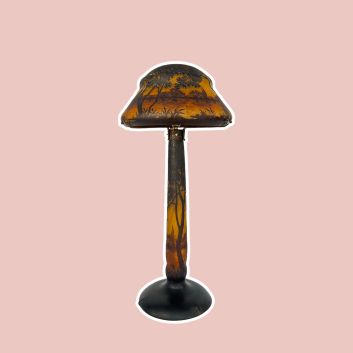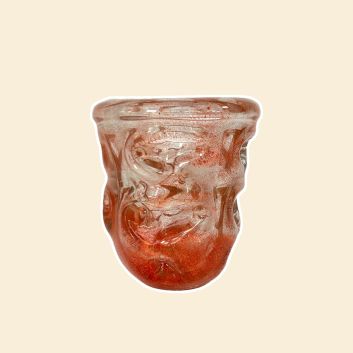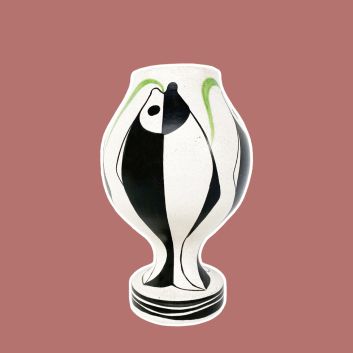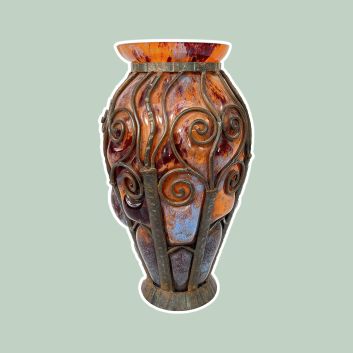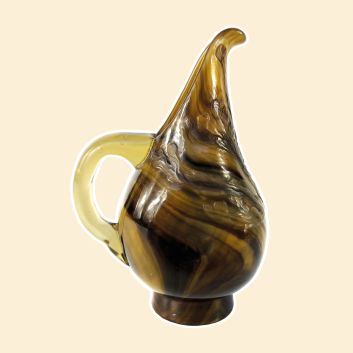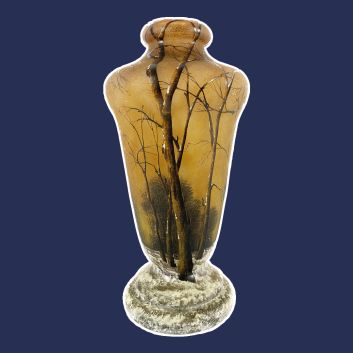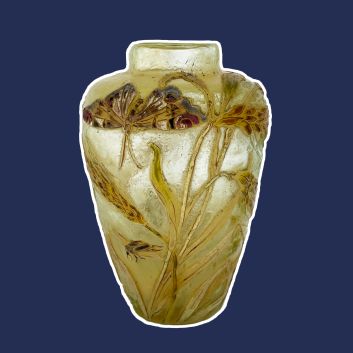Valeur et cote des oeuvres en faïence d'Émile Gallé

Si vous possédez une faïence d’Emile Gallé, et que vous souhaitez en connaître sa valeur, vous pouvez nous solliciter gratuitement à l’aide de notre formulaire en ligne. Nos experts et commissaires-priseurs vous répondront en 24 heures afin de vous donner des informations historiques sur votre pièce et ainsi qu’une estimation de la valeur de votre faïence. Si votre projet est de la vendre, nos spécialistes pourront aussi vous conseiller sur les alternatives qui s’offrent à vous afin de vendre au mieux votre pièce sur le marché international.
Cote et valeur de l’artiste
Faïencier majeur du XIXème siècle, Émile Gallé s’impose comme une valeur sure du marché de l’art. Naturellement, ses œuvres sont appréciées et recherchées en salle des ventes. Ainsi, une œuvre signée Gallé peut être adjugée des centaines de milliers d’euros aux enchères. En 2023, un plat en faïence Émile Gallé a été vendu à auteur de 7 500€ tandis qu’il était estimé entre 1 500 et 2 500€.
Ordre de valeur d’une faïence Gallé (du plus basique au plus exceptionnel)
Type d'objet | Estimation |
|---|---|
Vase en faïence (Saint Clément) | De 200 à 8 000€ |
Jardinière en faïence (Saint Clément) | De 150 à 12 000€ |
Service en faïence (Saint Clément) | De 400 à 18 500€ |
Réponse en - de 24h
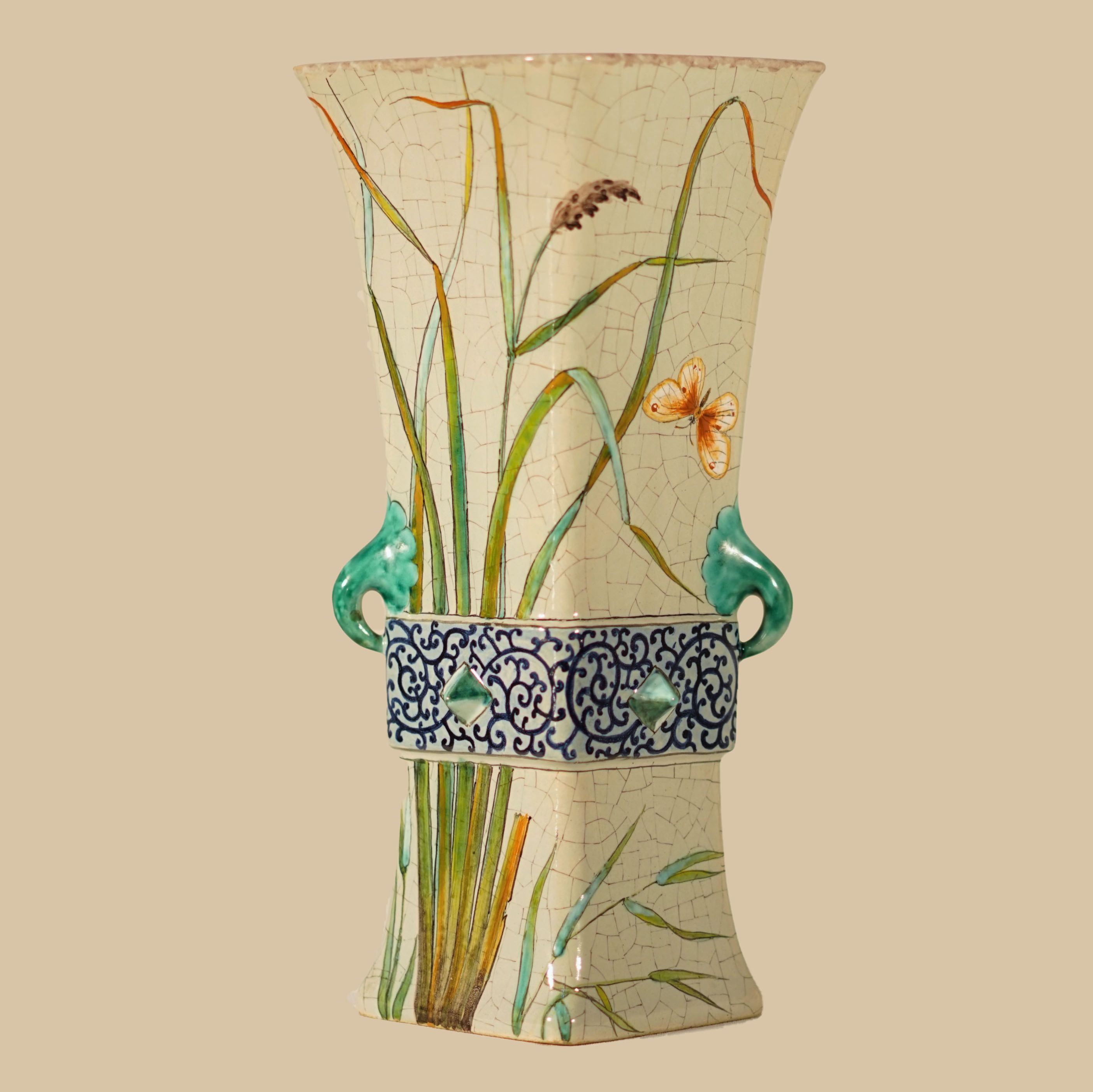
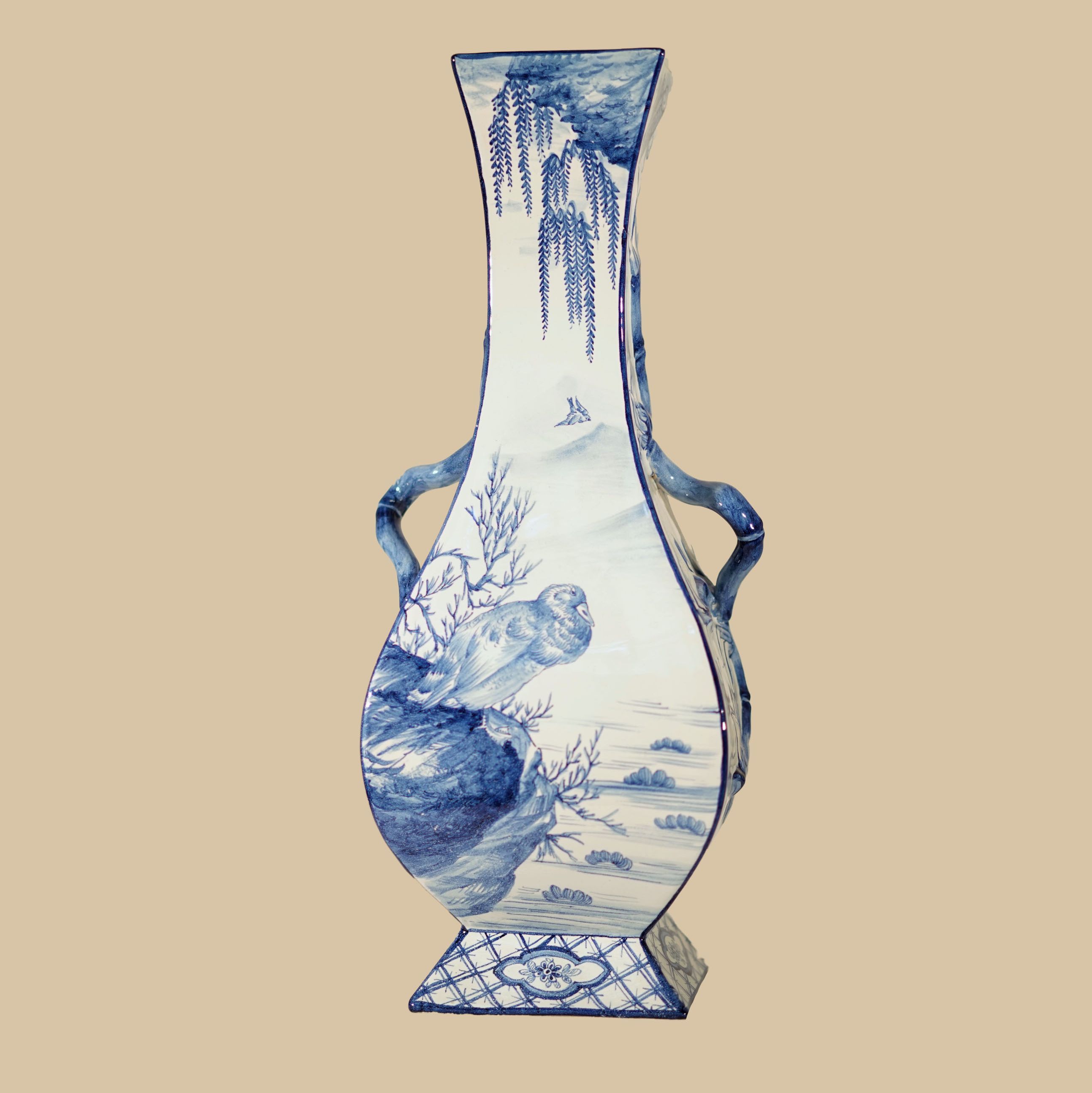
Émile Gallé, un artiste aux multiples talents
Émile Gallé naît à Nancy le 4 mai 1846, il est le fils de Charles Gallé et de Fanny Reinemer qui vendent des cristaux et des porcelaines. Après des études secondaires à Nancy, il part en 1865 étudier l'allemand à Weimar et y poursuit des études de minéralogie. Il se forme ensuite aux métiers du verre à Meisenthal et à la céramique à la Faïencerie de Saint-Clément. Émile Gallé s'initie également au soufflage du verre et élargit ses compétences artistiques à la menuiserie. L'engouement familial pour les sciences naturelles et surtout pour les plantes l'amène au dessin. Sa passion pour les voyages le pousse à voyager dans diverses capitales européennes. En 1871, il s'installe à Londres où il travaille au musée de Kensington et au jardin botanique. Émile Gallé rejoint l'entreprise familiale de décoration de faïence et de verrerie en 1867. Il représente son père Charles Gallé lors de l'exposition universelle de Londres en 1871 et à Lyon en 1872. C'est en 1877 qu'il prend la tête de l'entreprise familiale et élargit ses activités à la menuiserie. Il participe à de nombreuses expositions et aux expositions universelles de 1878, 1889 et 1893, où il remporte plusieurs prix et médailles. Il sera l'une des figures les plus importantes des arts appliqués de son époque et l'un des précurseurs de l'Art Nouveau. Parallèlement, Émile Gallé mène une carrière de naturaliste et de scientifique. En 1877, il fonde la Société centrale d'horticulture de Nancy. Tout au long de sa vie, il poursuivra des recherches sur le polymorphisme des végétaux et entretiendra des relations scientifiques avec les plus grands biologistes français et étrangers de l'époque.
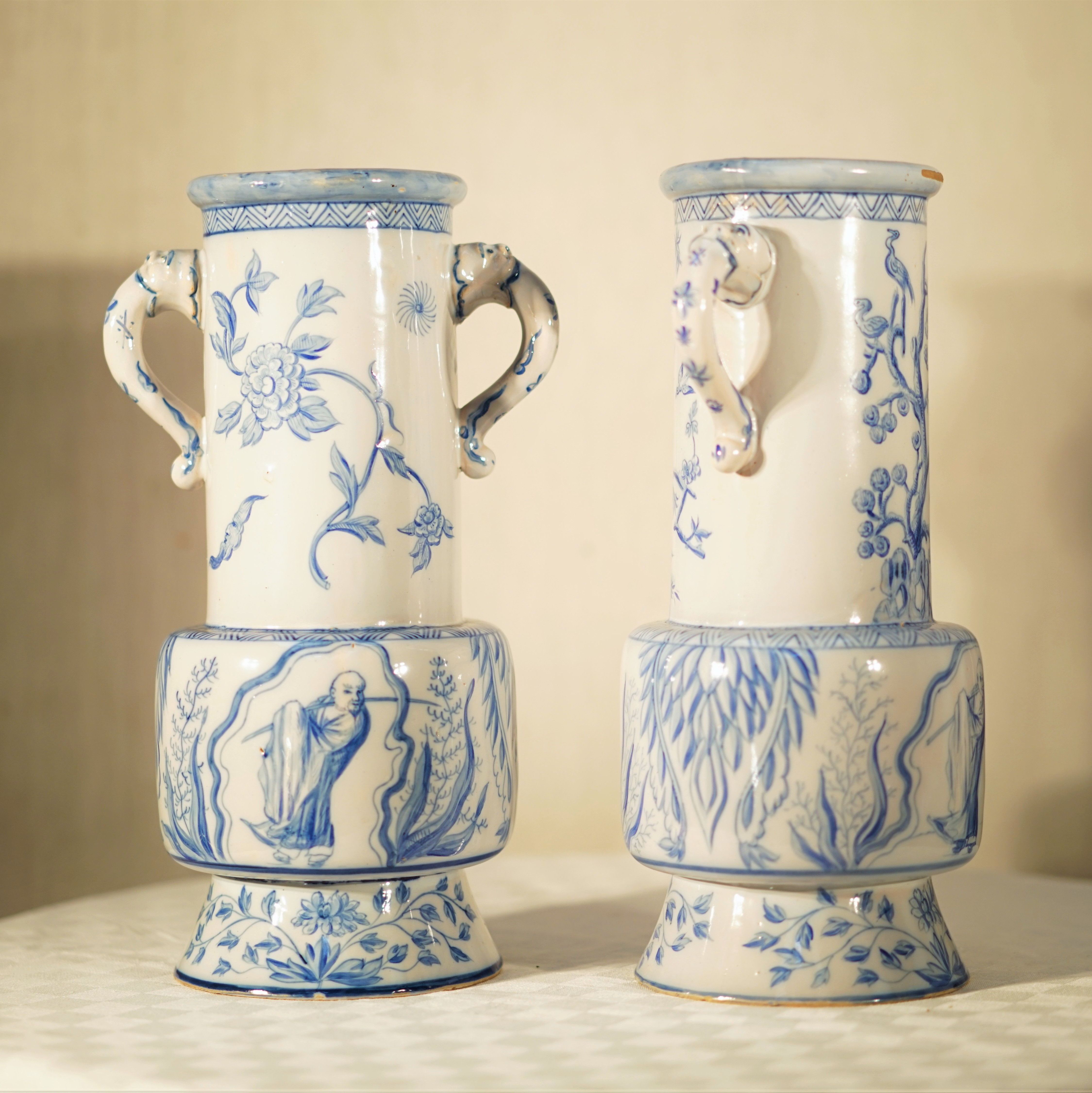
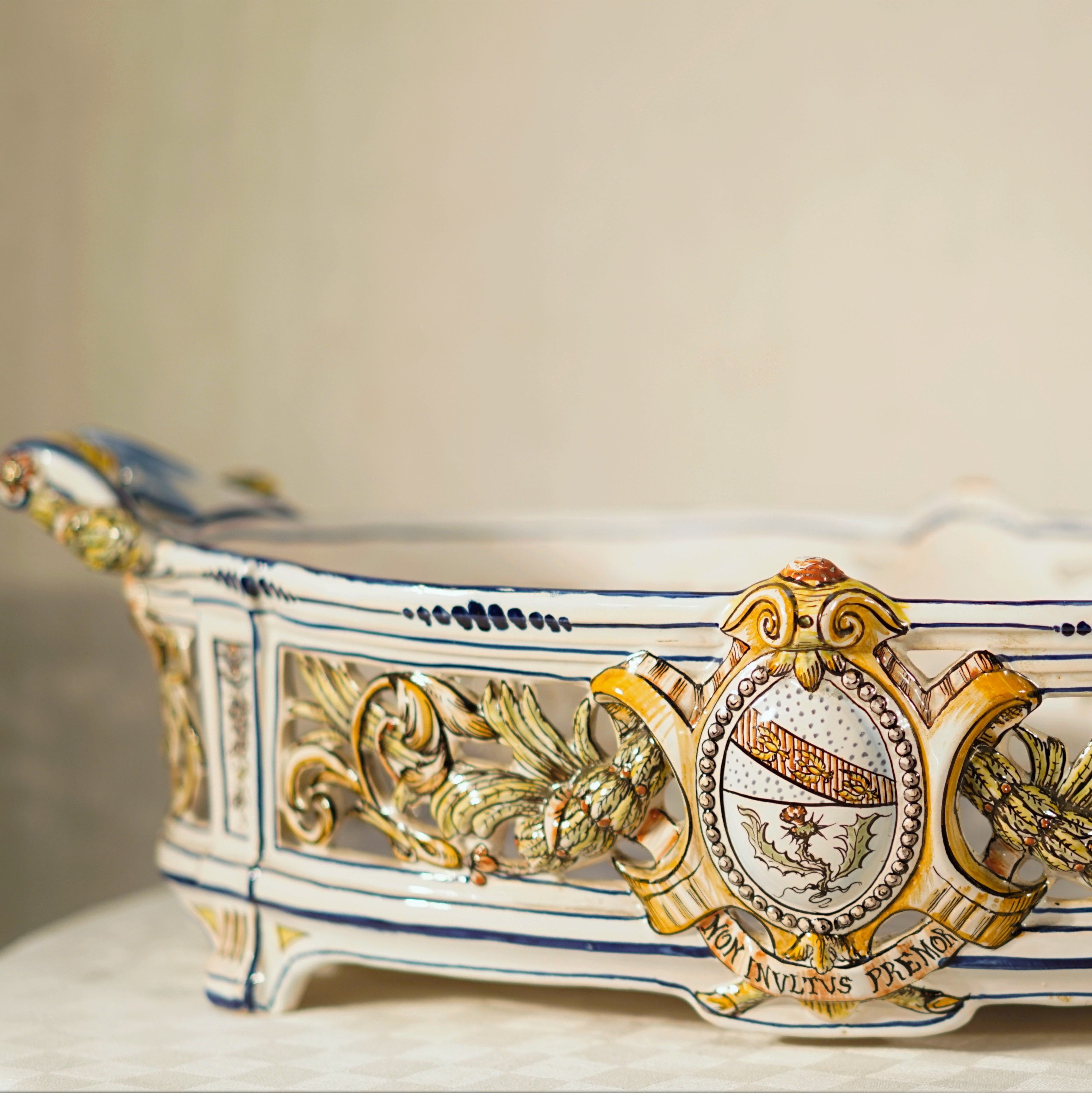
Émile Gallé, une carrière sur tous les fronts
Au début de sa carrière, ses sources d'inspiration artistiques sont variées, mais la nature deviendra rapidement le thème de prédilection pour la décoration de ses œuvres, en particulier de la faïence. Le service « herbier » est la première création d'Émile Gallé, alors qu'il est encore lycéen. De 1859 à 1868, il effectue plusieurs séjours en Savoie, en parcourant les alpages et récolte des plantes pour constituer son herbier dont il s'inspirera pour la création de son service en faïence en 1865. Le Musée d'Orsay préserve les trois manuscrits dans lesquels il le décrit avec précision. Le Musée de la faïence et des Beaux-Arts de Nevers conserve dans ses collections vingt-deux faïences du service « herbier » et quinze œuvres de ce fameux service. Émile Gallé décède en 1904 à l'âge de 58 ans, emporté par une leucémie.
Expertiser votre bien
S’il s’avère que vous possédez une œuvre d’Émile Gallé, demandez sans plus attendre une évaluation gratuite par le biais de notre formulaire sur notre site internet. Un membre d’Auctie’s, vous contactera promptement afin de vous communiquer l’estimation de la valeur de votre œuvre, sans oublier de vous transmettre les informations ad hoc sur celle-ci. Si vous considérez vendre votre œuvre, vous serez également accompagnés par nos spécialistes afin de bénéficier d’alternatives pour la céder au meilleur prix possible.
Reconnaître la signature d'Émile Gallé
Gallé signe habituellement ses oeuvres sur le fond de ses créations. Voici un exemple :
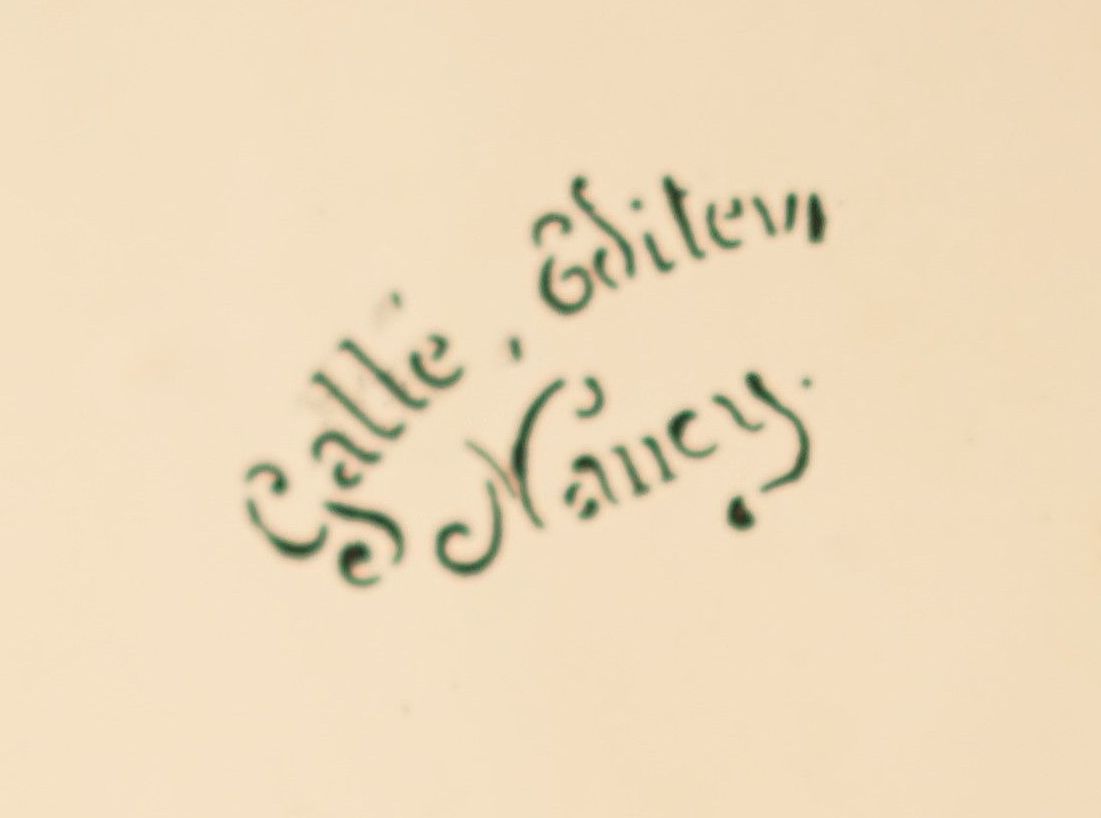
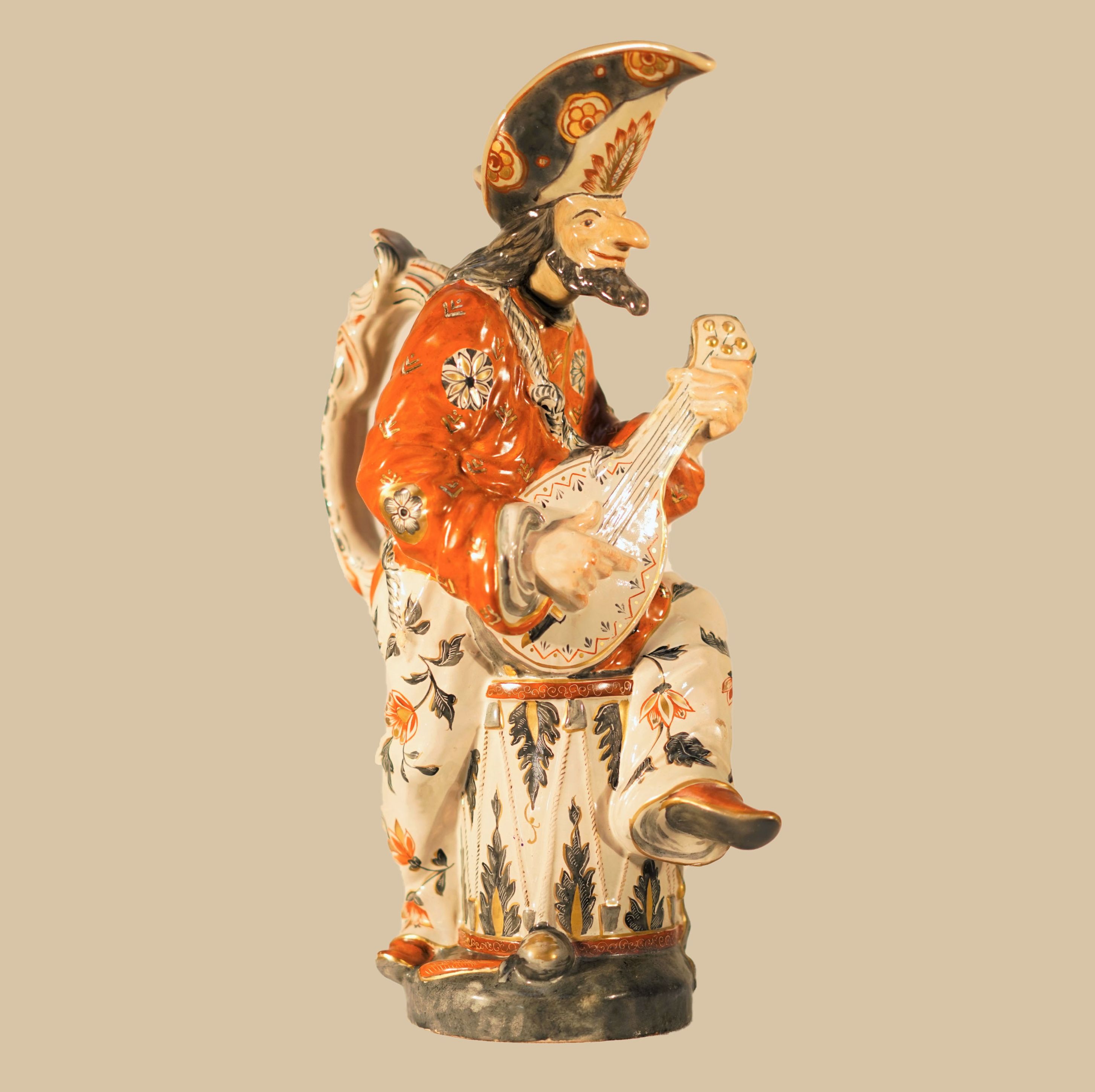
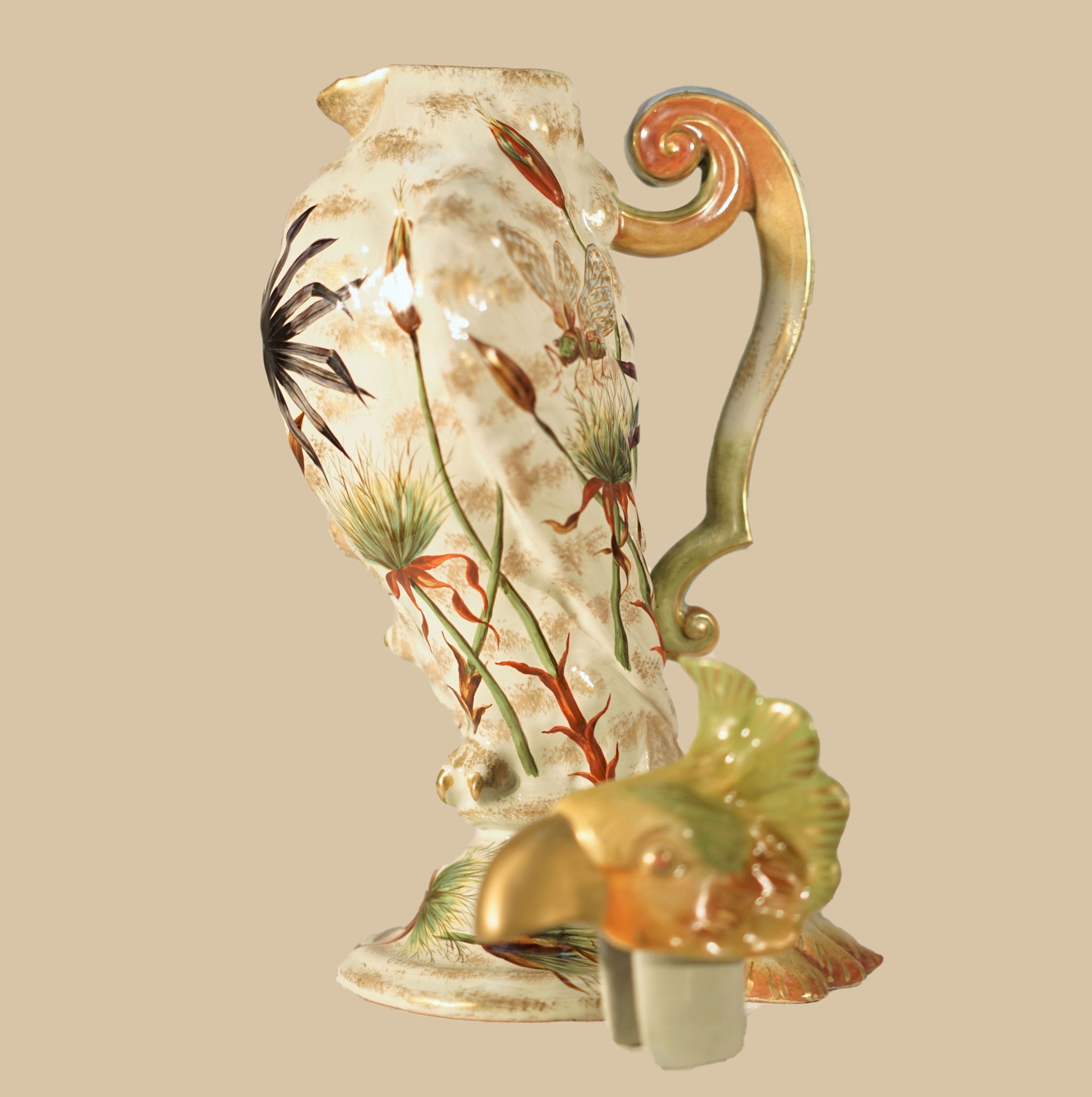
Réponse en - de 24h
A découvrir dans la même thématique
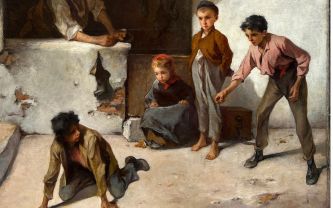
Valeur et cote des oeuvres, peintures de François Reynaud
François Reynaud, peintre du XIXème siècle, reproduit les canons académiques français et italiens dans ses peintures. Estimation en moins de 24h.
En savoir plus >
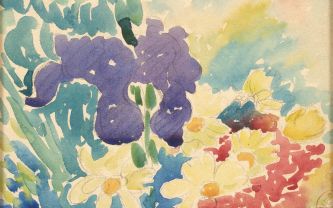
Cote et valeur des oeuvres, dessins, peintures d'Henri Edmon...
Henri Edmond Cross est un peintre pointilliste du XIXème siècle qui a produit des dessins et huiles sur toile cotés et qui ont de la valeur.
En savoir plus >
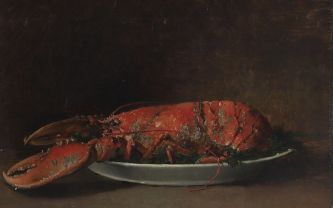
Cote et valeur des oeuvres, dessins, peintures de Guillaume...
Guillaume Fouace est un peintre réaliste du XIXème siècle, surtout connu pour ses natures mortes. Ses toiles ont du succès aux enchères.
En savoir plus >
Site sécurisé, anonymat conservé
Commissaire-priseur et expert agréé par l'État
Estimations gratuites et certifiées
